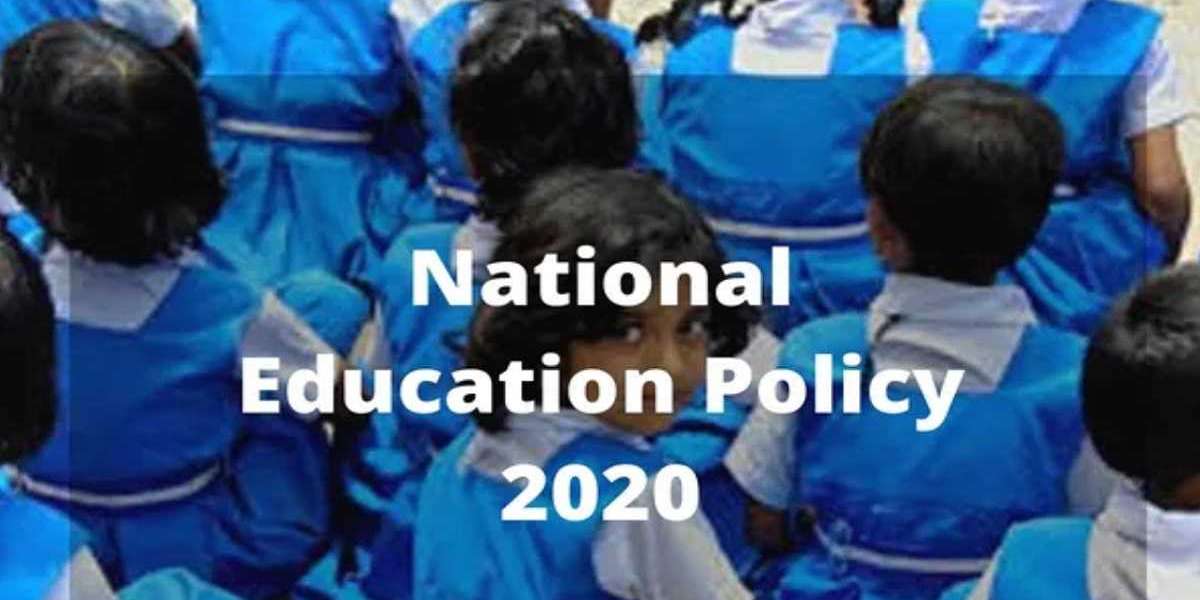The National Education policy (NEP) 2020 has created quite a stir in the indian society. Many have taken to social media platforms both in suport and against the proposed policy. And they cannot be blamed. The proposed plan does have it's merits as wells as its list of demerits.The final propsed version of the NEP 2020 is a much shorter version that intends to overhaul the existing education system by making certain paradigmatic changes. While the new NEP intends to integrate the Indian education system with global patterns, do away with “rote-learning” and instil confidence and nationalistic pride among students, many educationists believe that the disproportionate thrust on vocationalisation of education at an early stage may come at the cost of more rounded, holistic learning.
NEP 2020 lays emphasis on universal access to schools for all children in the next decade. Two crore children will be brought back to the mainstream, it says. It has proposed to develop infrastructure, put in place innovative teaching centres, appoint only trained teachers and counsellors, create a conducive environment for open schools, and encourage adult literacy programmes to achieve this goal.At the same time, the NEP 2020 will replace the 10+2 system by a 5+3+3+4 curricular structure, which includes three years of pre-schooling in anganwadi centres for children between three to eight years of age, followed by another 12 years of formal schooling. This is the first time that an NEP has extended government outreach to pre-schooling, which will include nursery education and kindergarten levels. The NEP does away with annual examinations and has proposed board examinations in modular form in Grades 3, 5, and 8, 10 and 12, and will be redesigned to test conceptual understanding of students. One of the most important features of the NEP 2020 is recruitment of teachers. Similarly, it is proposed that education upto Class 5, and preferably until Class 8, will be imparted in the mother tongues of students. Classical languages like Sanskrit, Pali, and Prakrit have also been proposed at all levels, while foreign languages will also be offered from the secondary school level.
Many arguments had been put forward against the NEP 2020. It is feared that the emphasis laid on digital education can lead to further segregation as India currently doesn’t have adequate infrastructure to support it. Vocational training from a young age may lead students from lower economic backrounds to drop out early for jobs. .Given the diversity of languages and dialects in India, and growing internal migration, it will be very difficult to implement a mother tongue-based learning, and may hegemonise Brahmanical systems of learning in India. Given how centralised the education system will become after the new policy is put in place, it will become increasingly difficult to factor in varied needs of diverse Indian people. No matter how well planned, without the vision to execute , NEP 2020 will end up in the huge pile of unfulfilled government promises







